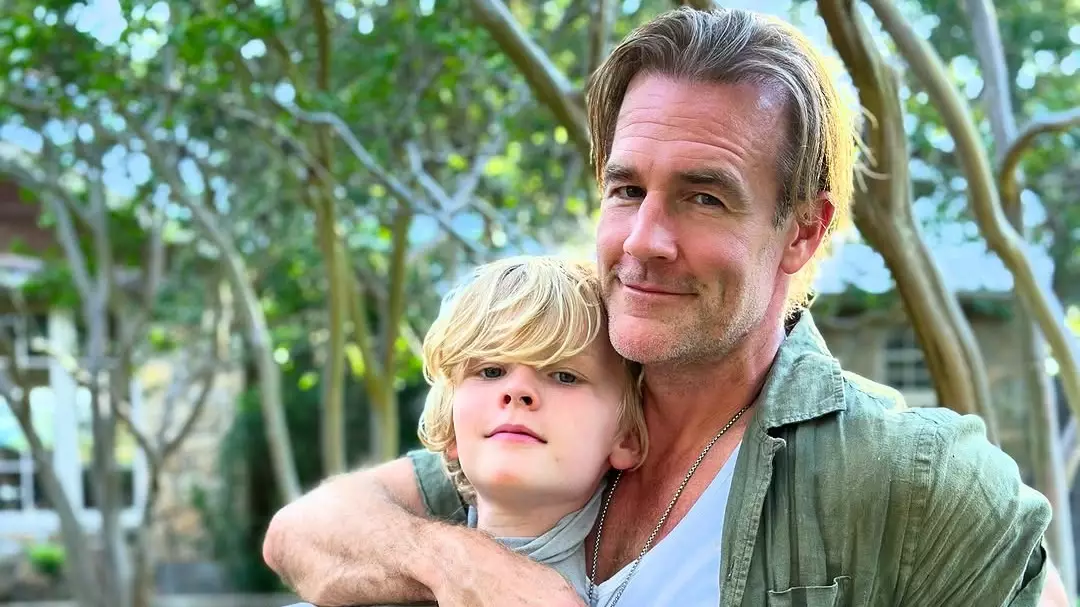
Health
Read the latest health news and articles on celebrity health updates, cancer symptoms, weight loss drugs and more.
Yesterday
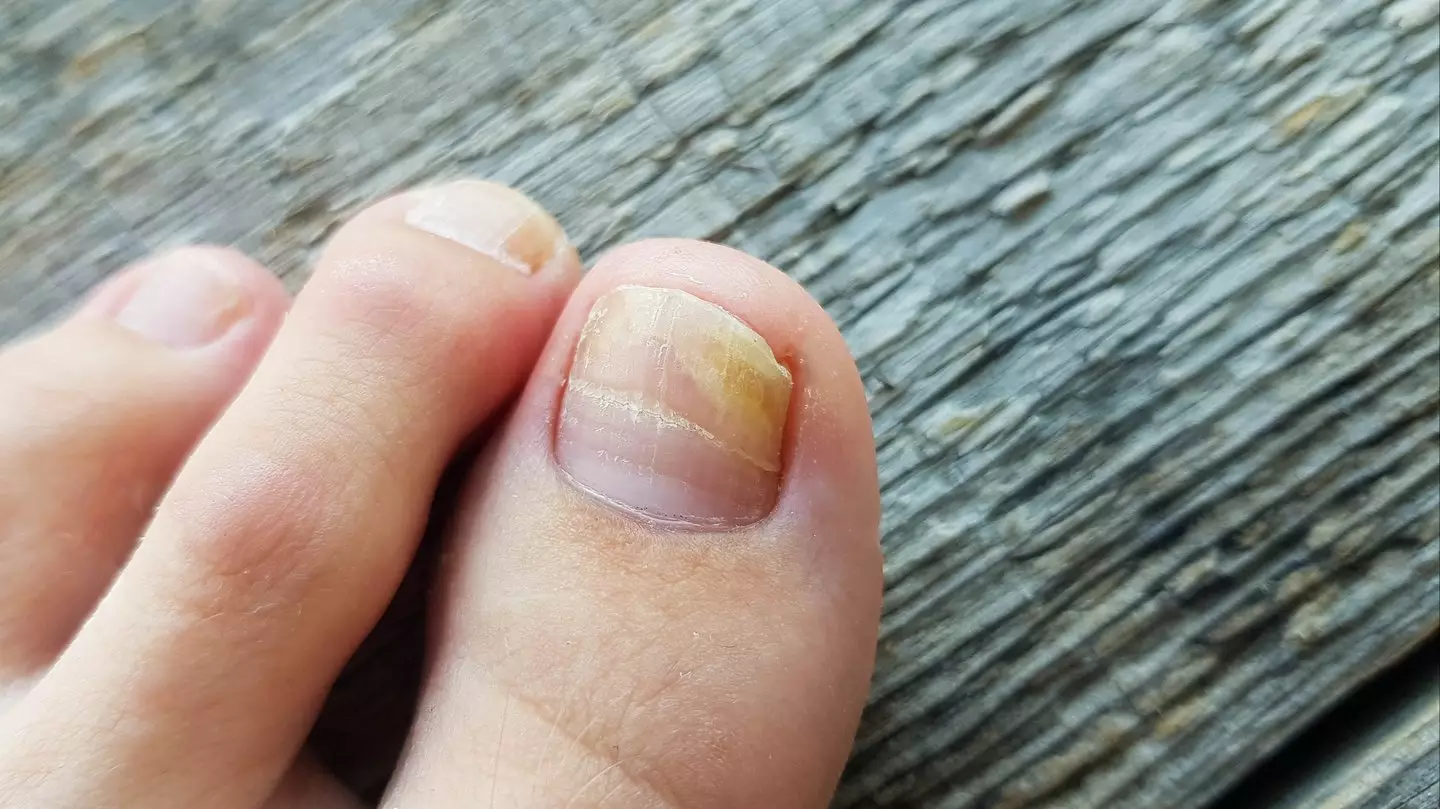
Your toes can tell you a lot about your general health and well-being
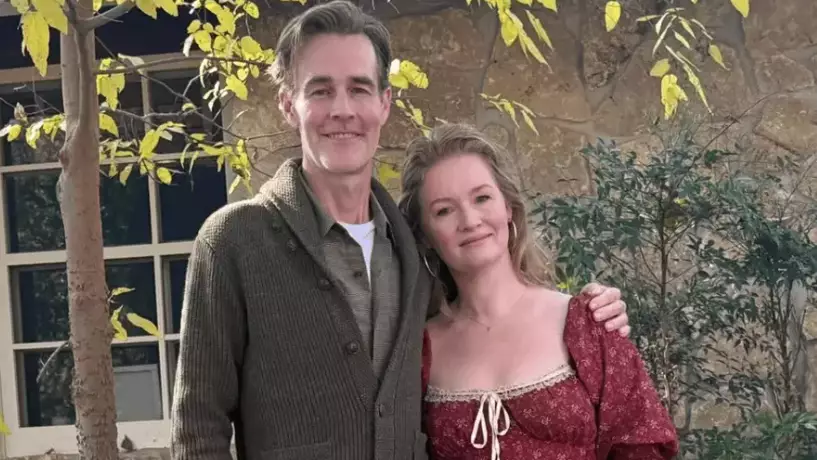
The Dawson's Creek actor died 'peacefully' at his home, aged 48, following a battle with bowel cancer

Clinical sexologist Dr Ben Davies also shared how to best navigate the issue
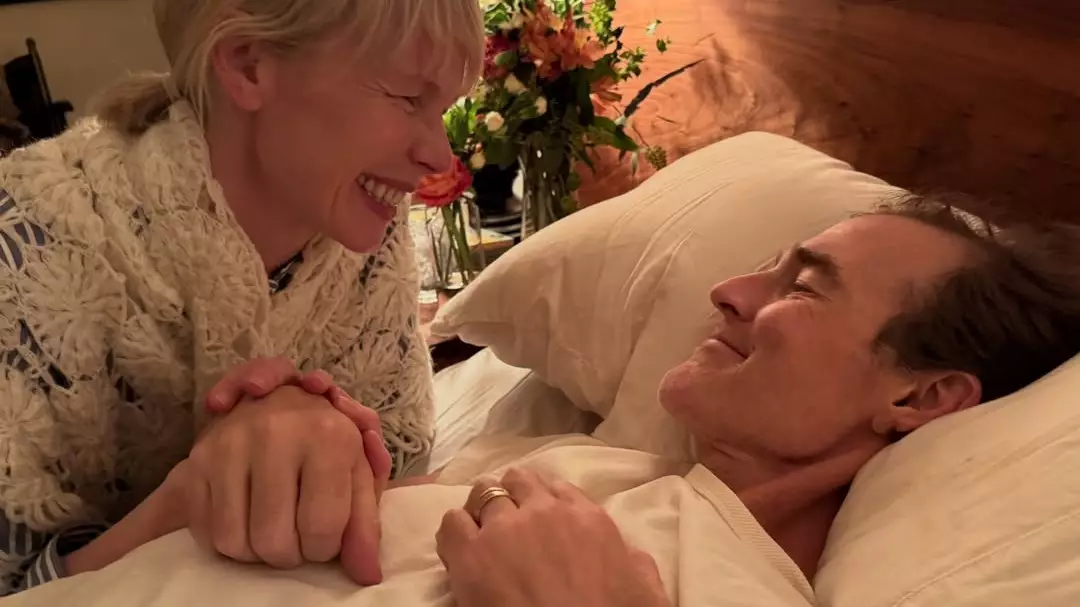
Dawson's Creek actor James Van Der Beek died following a bowel cancer diagnosis, aged 48
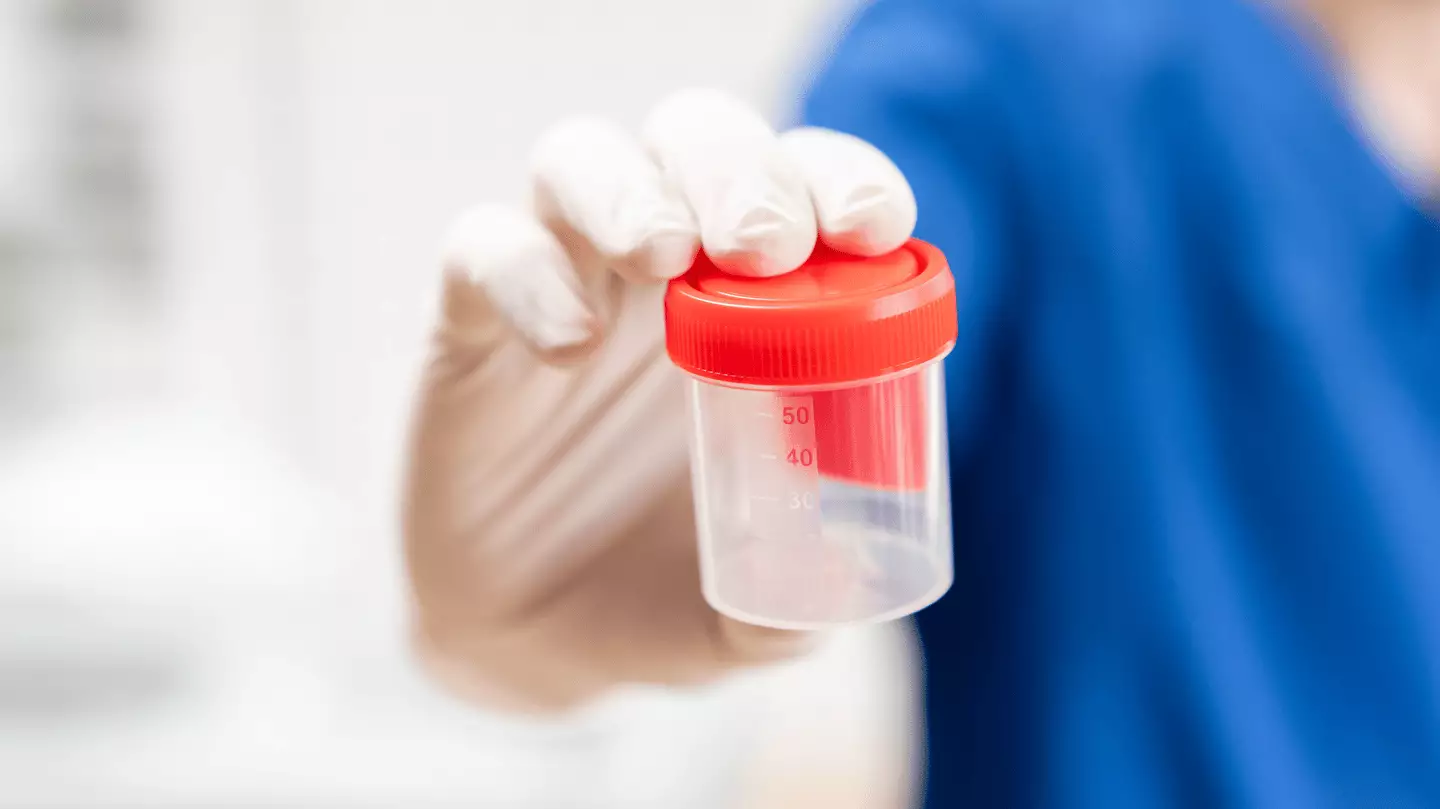
The female body is pretty miraculous
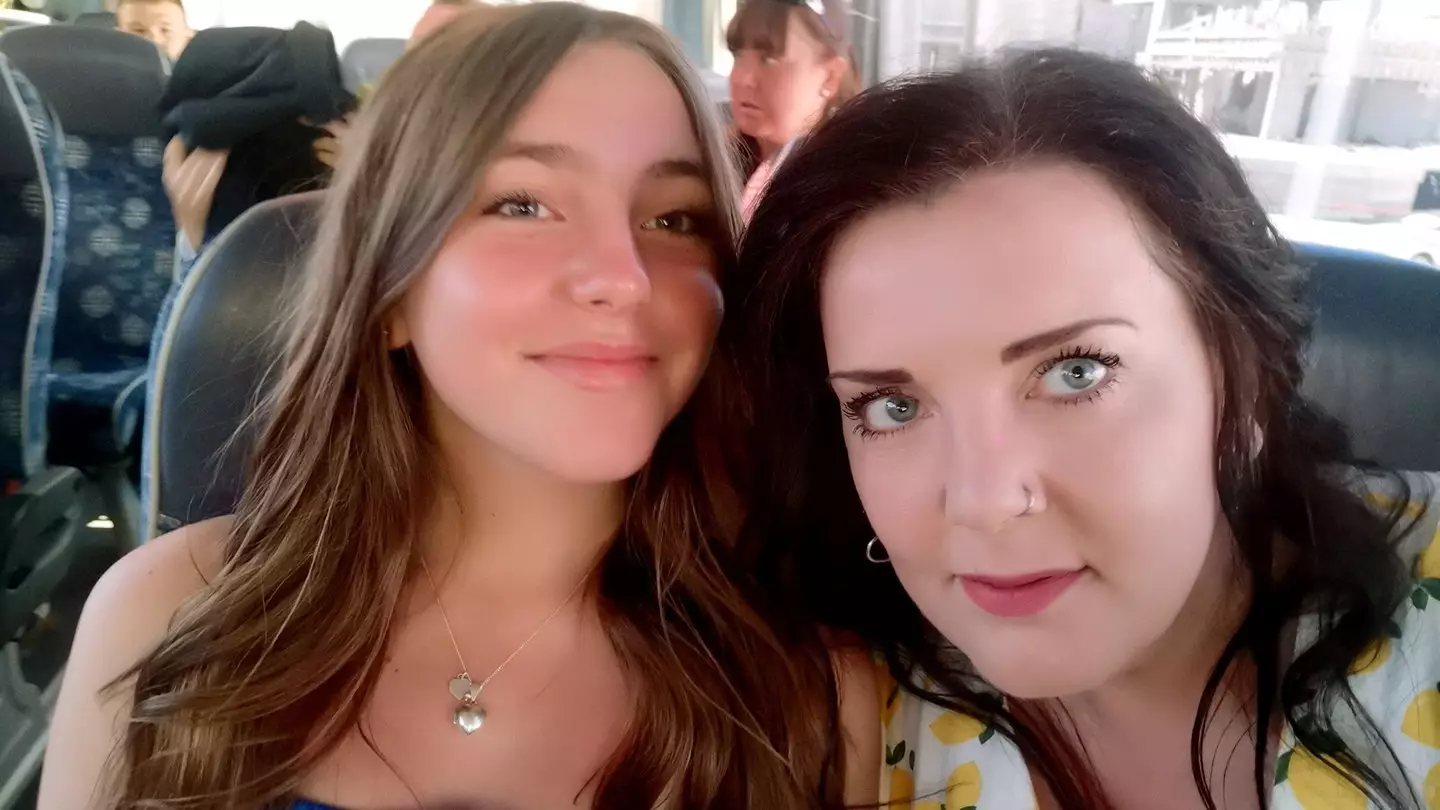
Chloe Longster tragically died after being dismissed as a 'diva teen'

Black women in particular are being 'overexposed' to the risks associated with these products
11 Feb 2026

A study by New York University Langone Health has found a connection between long Covid and symptoms of Alzheimer's disease

The study highlighted GLP-1 patients who have become malnourished and have developed serious vitamin deficiencies
10 Feb 2026

The American alpine skier has issued a heartbreaking statement following her Winter Olympics crash on Sunday

Women are flocking to social media to share the 'PSA'
09 Feb 2026

The 41-year-old American skiing legend was airlifted to hospital after crashing out of the Winter Olympics race on Sunday (8 February)
06 Feb 2026

The MHRA has issued new guidance on how to respond if your vision becomes affected by weight loss jabs

The UKHSA has issued a warning over a bacterial outbreak associated with several non-sterile alcohol-free wipe products

Joe DeMio has published a new book chronicling his experiences following his life-changing car crash in 2018
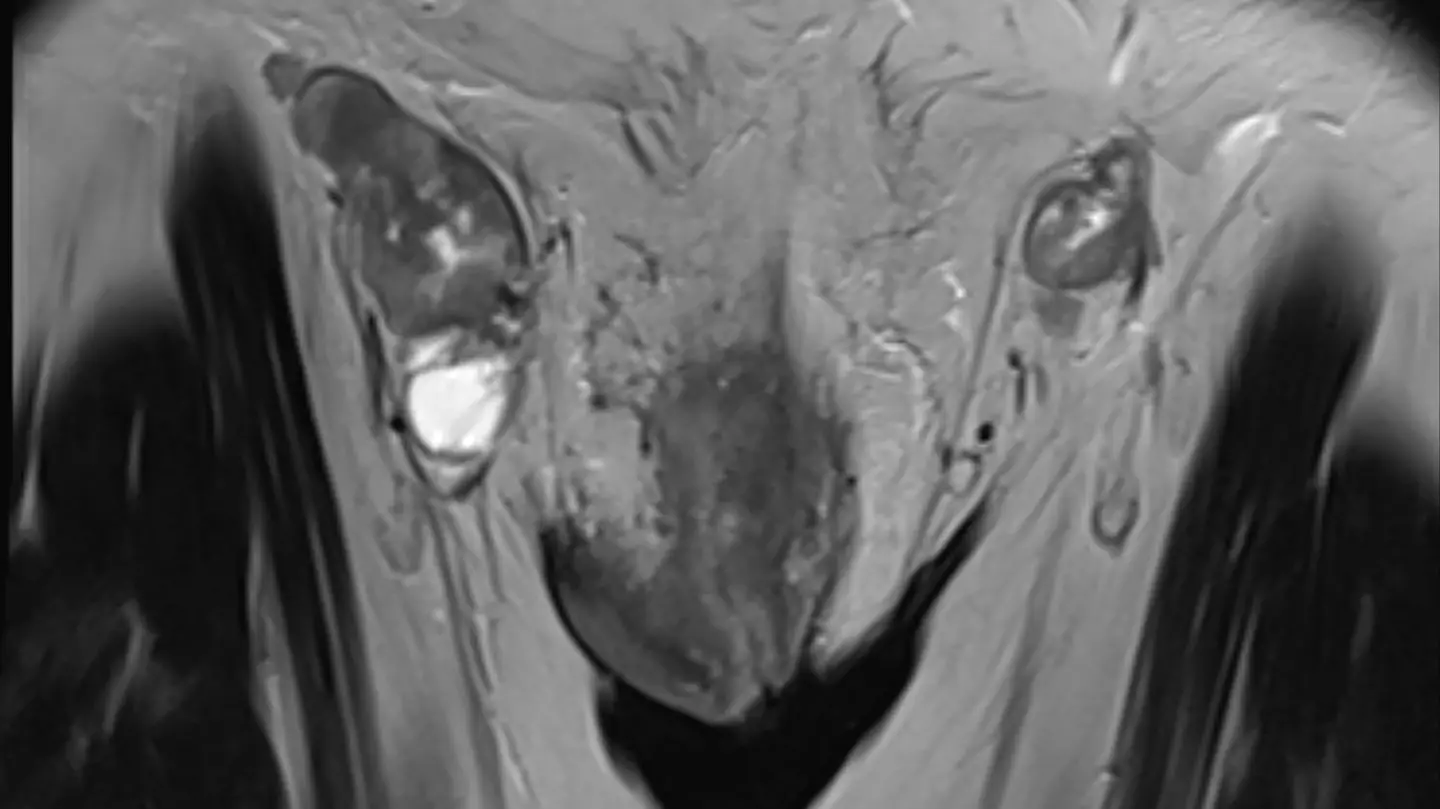
Susan Golden, 53, opened up on how vulval cancer is rarely talked about, but is 'painful and can truly alter your life'

Marion, 35, is trying to raise awareness of the rare condition, after finding out what it was really called via TikTok a few years ago

The US President is claiming to offer Americans the 'world's lowest prices on prescription drugs'

Experts have discussed measures you can take to combat the side effects.
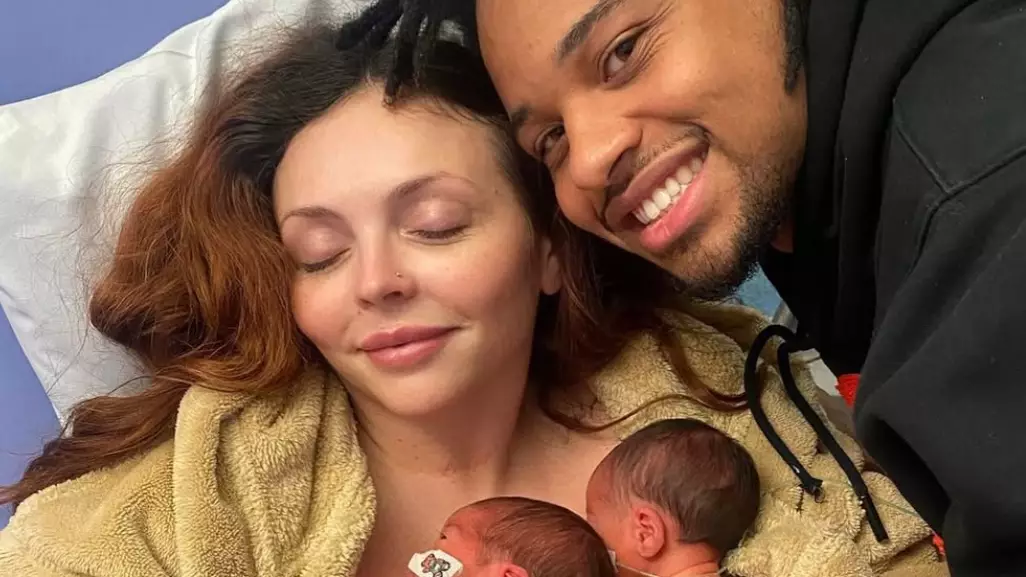
Jesy Nelson shares ‘tough’ truth about split with partner months after twins heartbreaking diagnosis
The singer has candidly discussed her relationship in a new Prime Video documentary

The World Anti-Doping Agency (WADA) has issued a statement on the reports
05 Feb 2026

Between 2000 and 2022, cases of breast and thyroid cancer, skin melanoma and colorectal cancers sky-rocketed amongst women

The Avengers actor revealed that his father Craig had been diagnosed with Alzheimer's last year
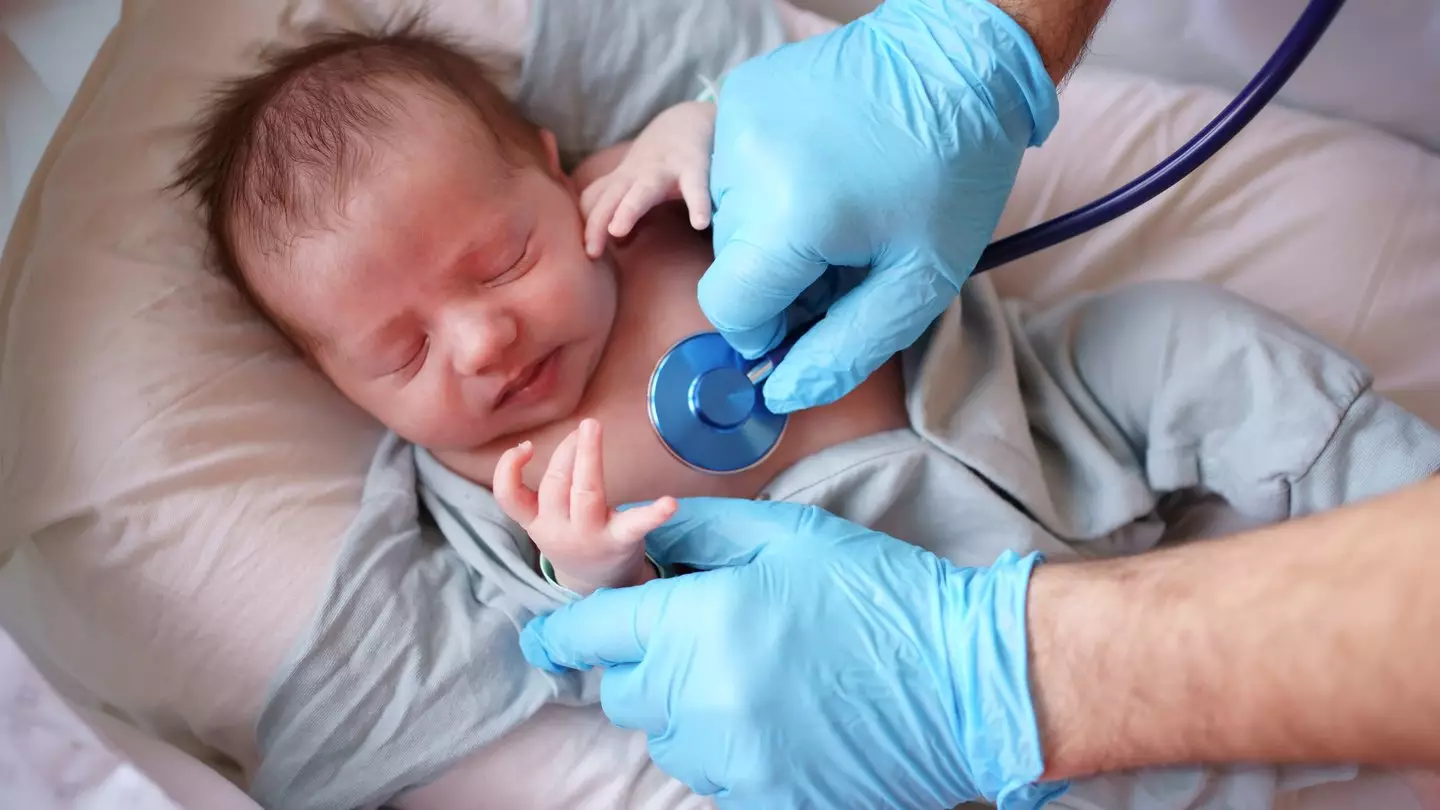
The UK Health and Security Agency has issued official guidance following the reported cases
